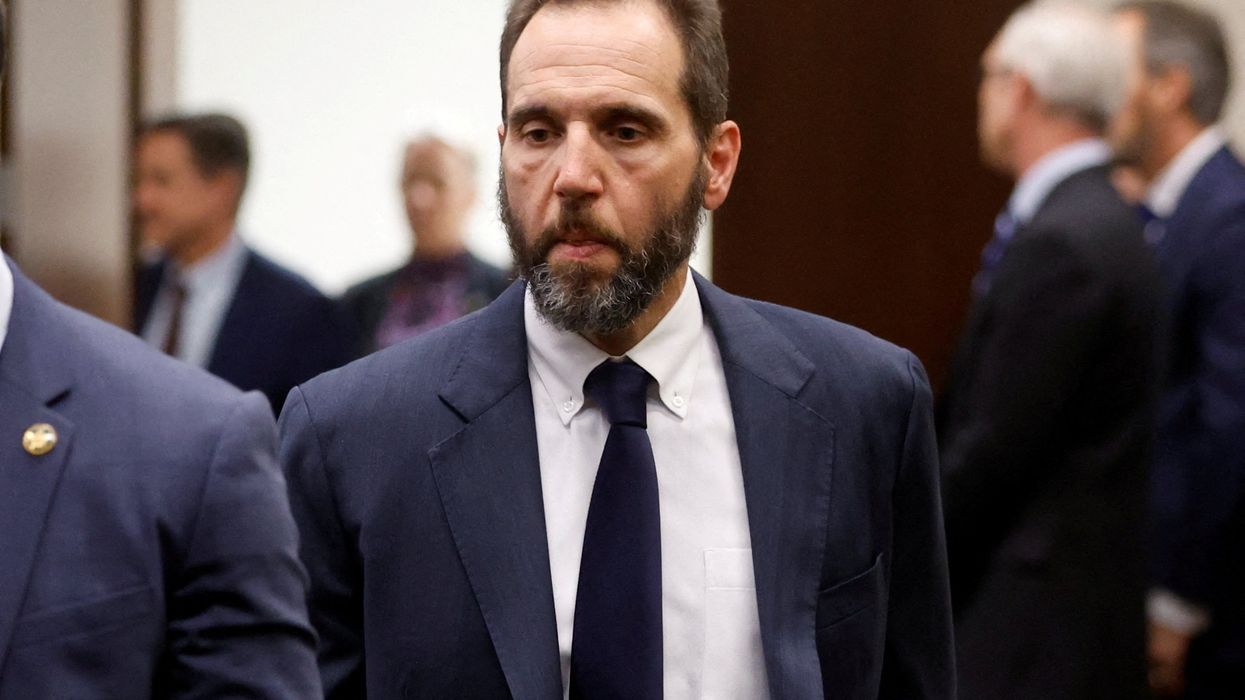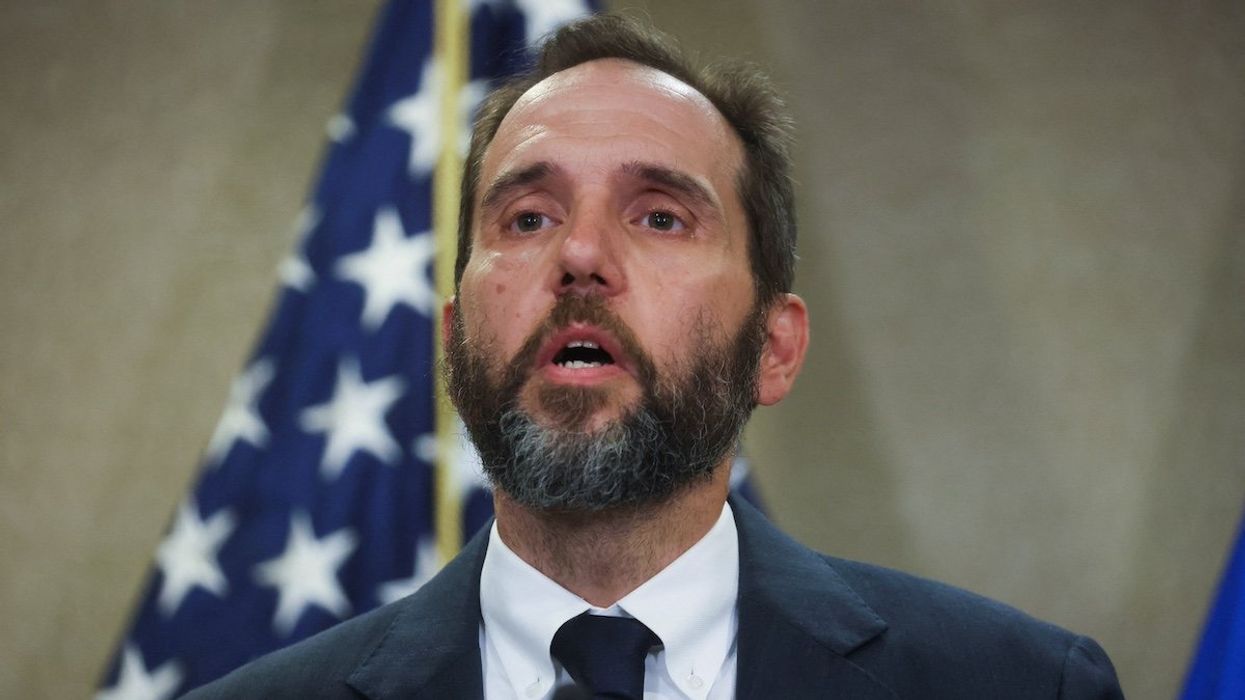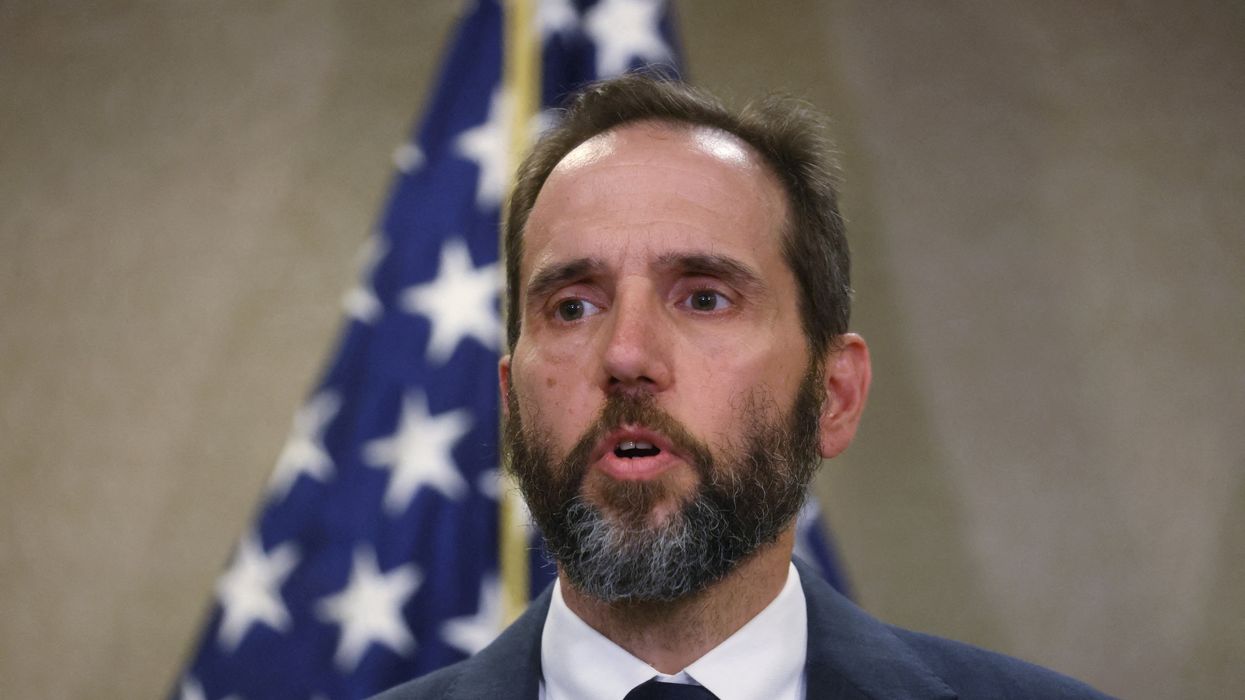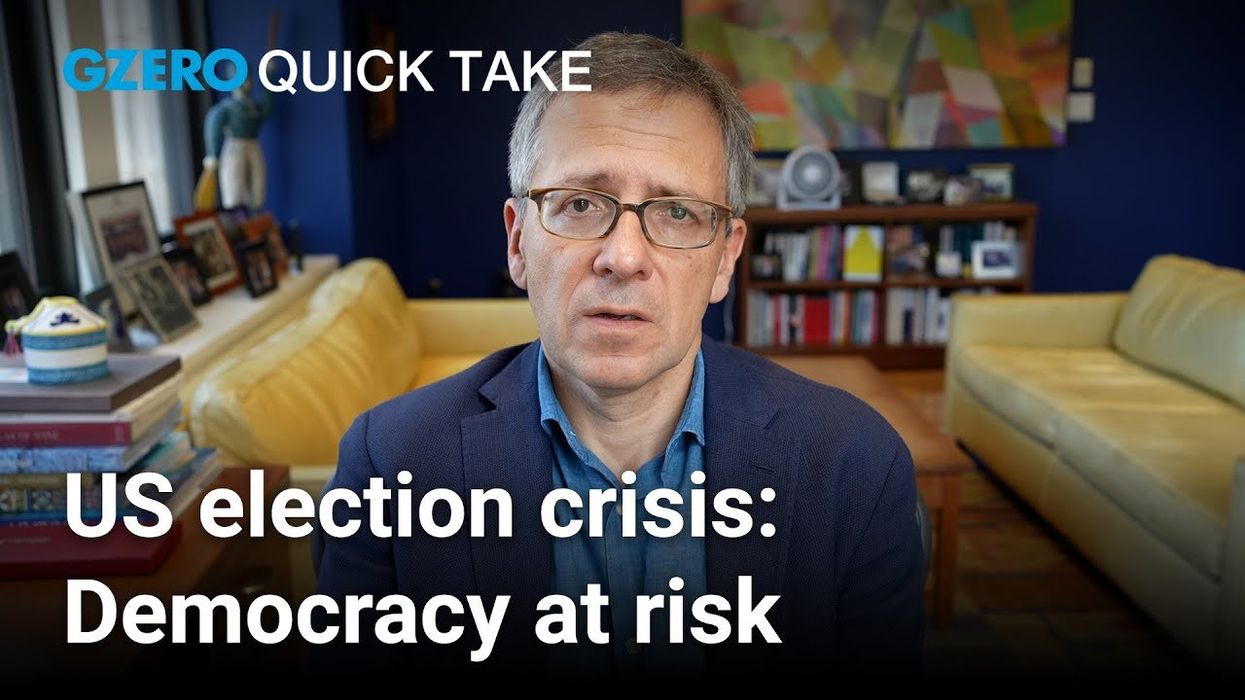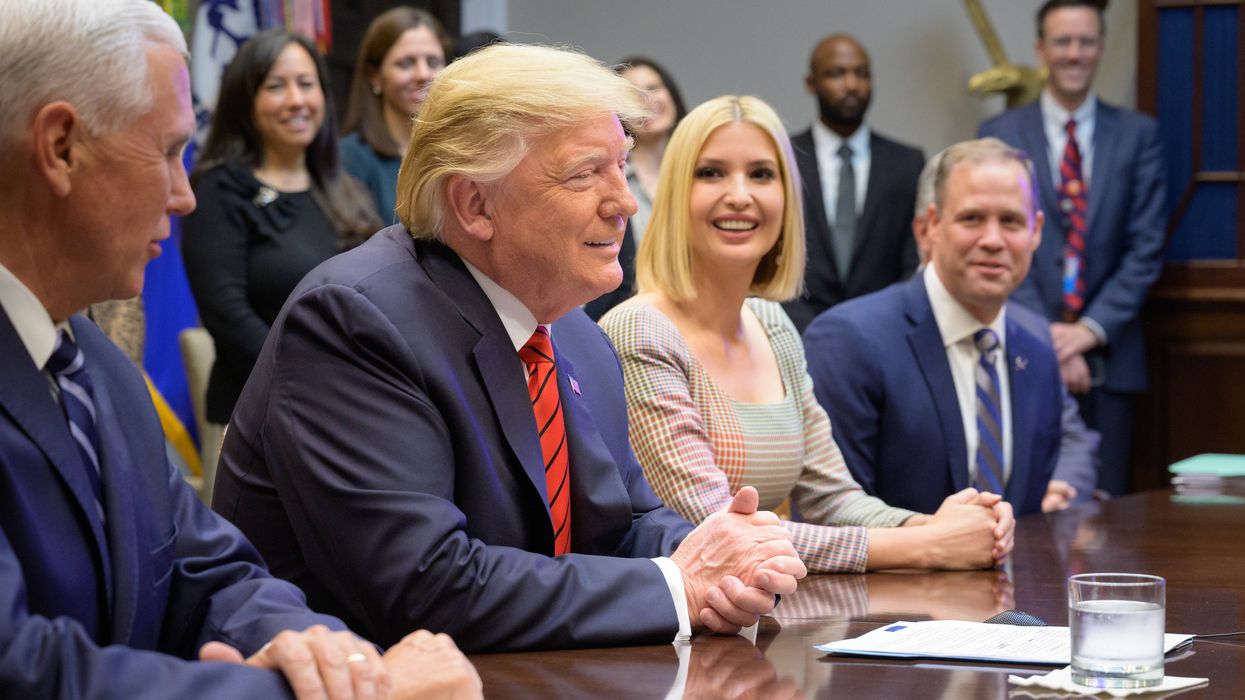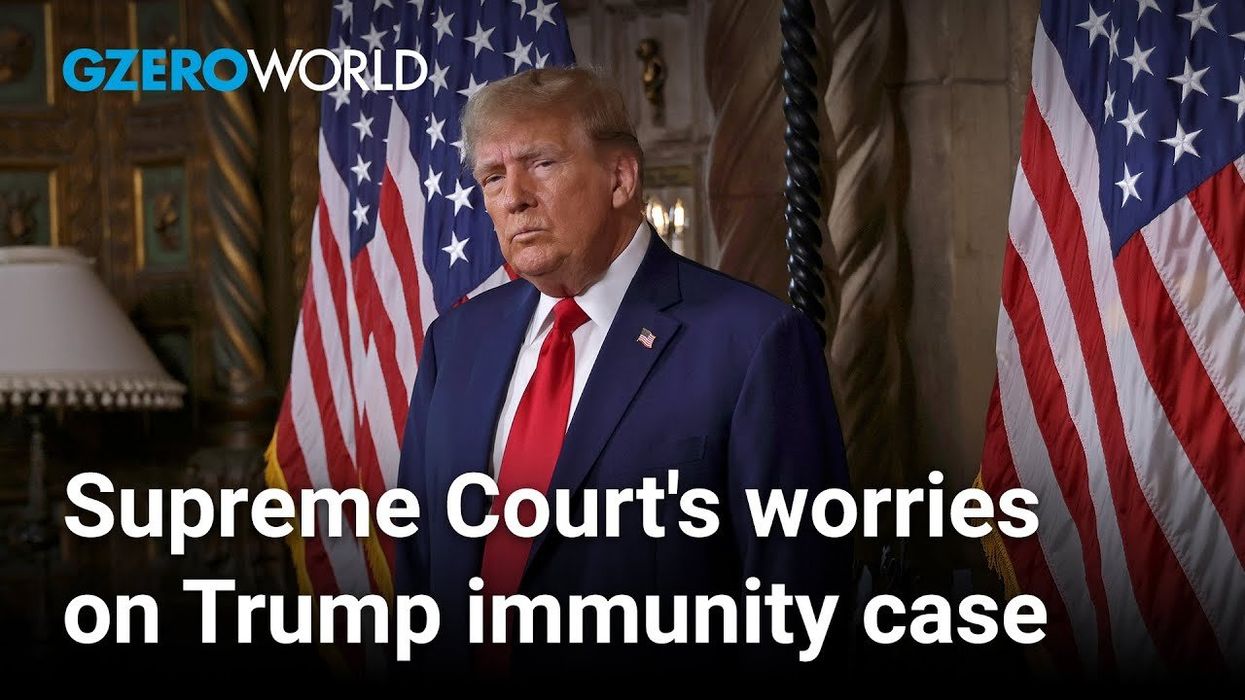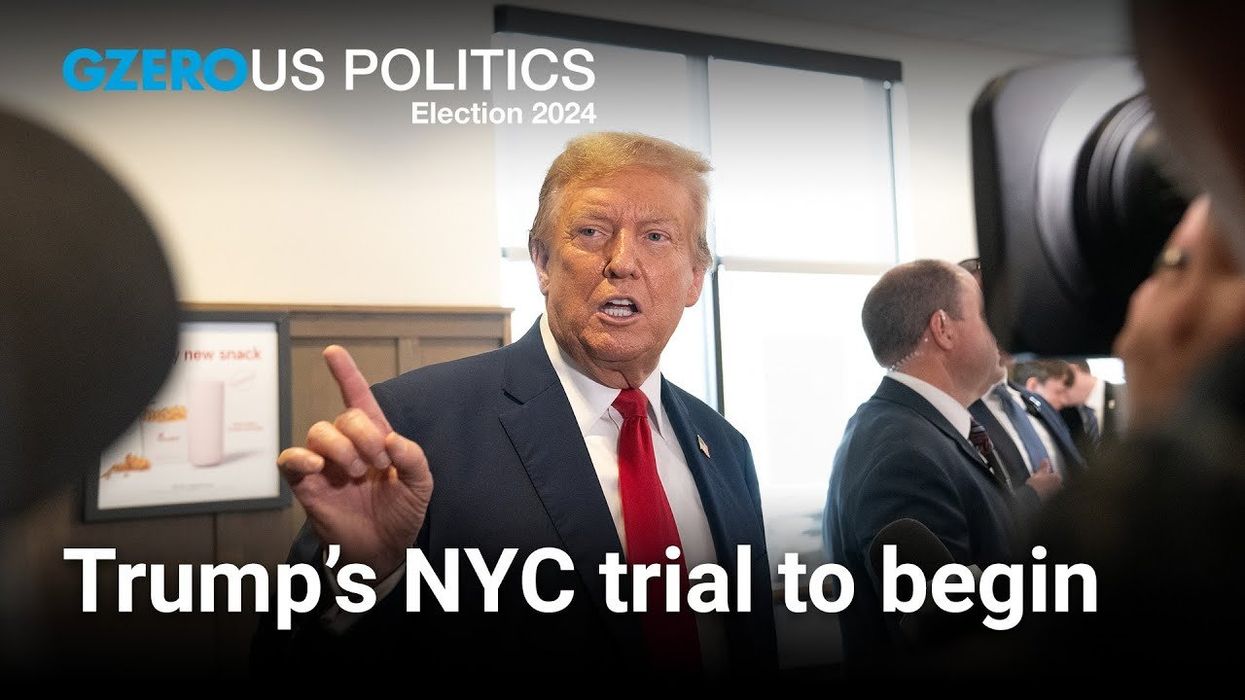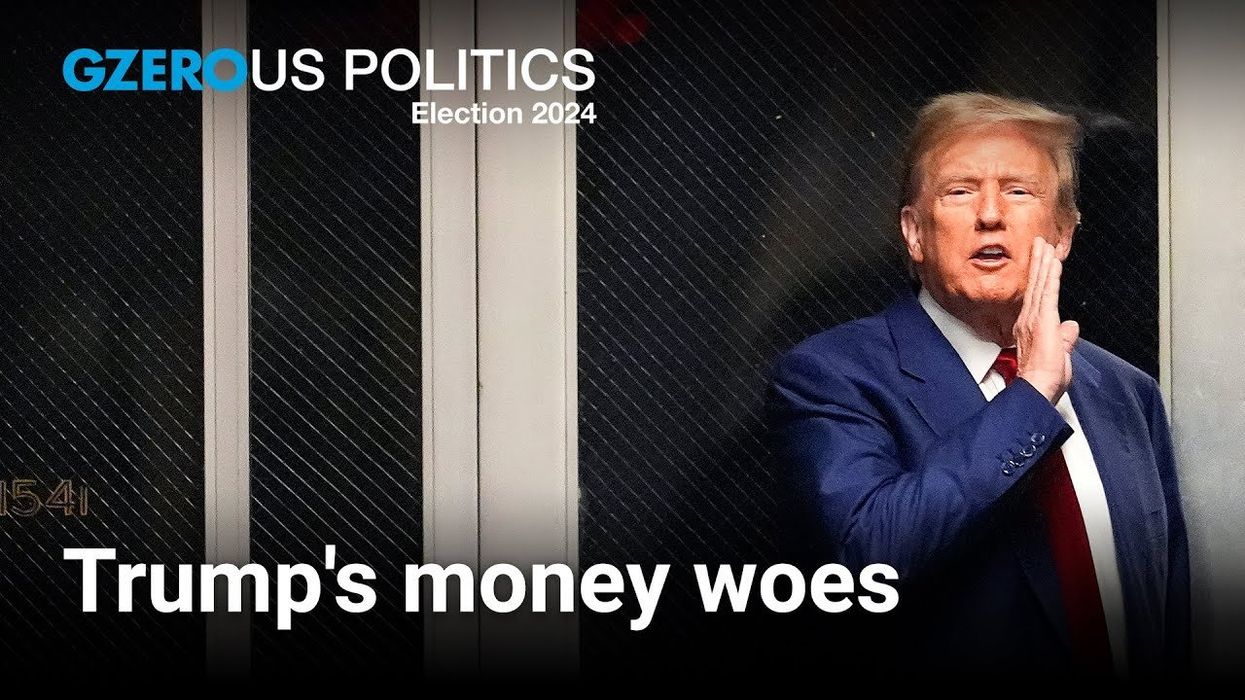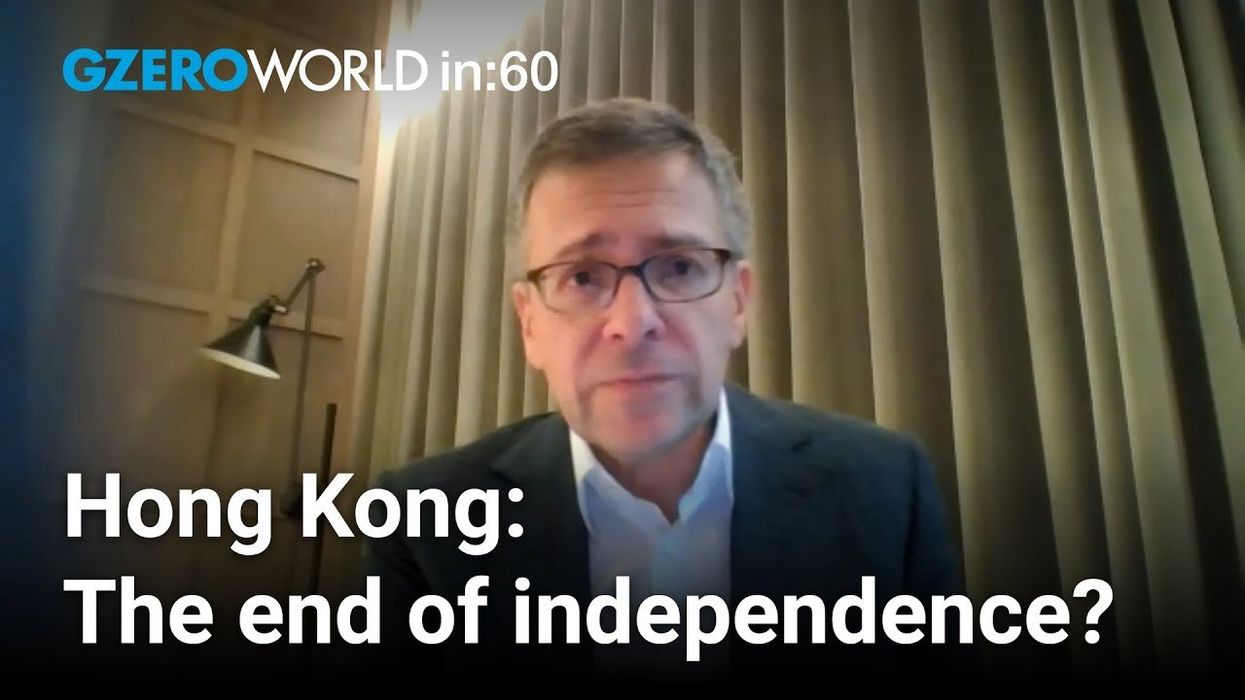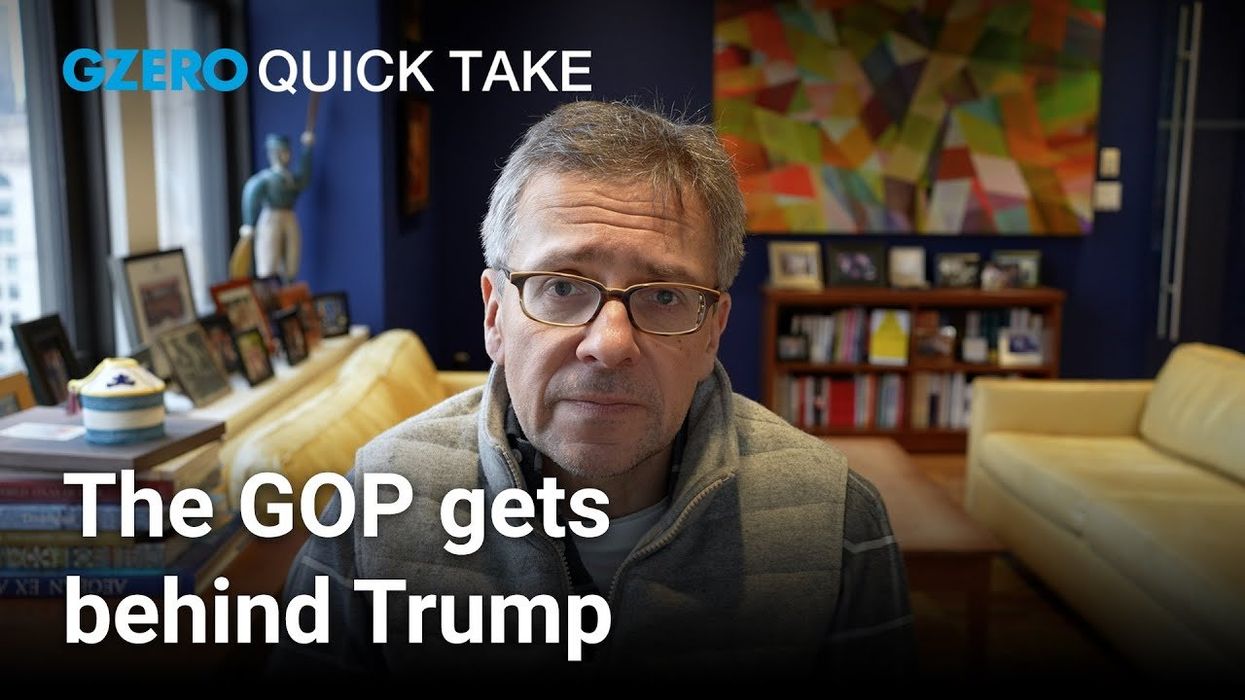What We're Watching
Jack Smith’s investigation into Donald Trump released
Half of special counsel Jack Smith’s report into Donald Trump’s alleged attempt to overturn his 2020 election loss was released early Tuesday, detailing how Trump engaged in an “unprecedented criminal effort” to maintain power after losing the election. It concludes that “the admissible evidence was sufficient to obtain and sustain a conviction at trial.”
Jan 13, 2025
